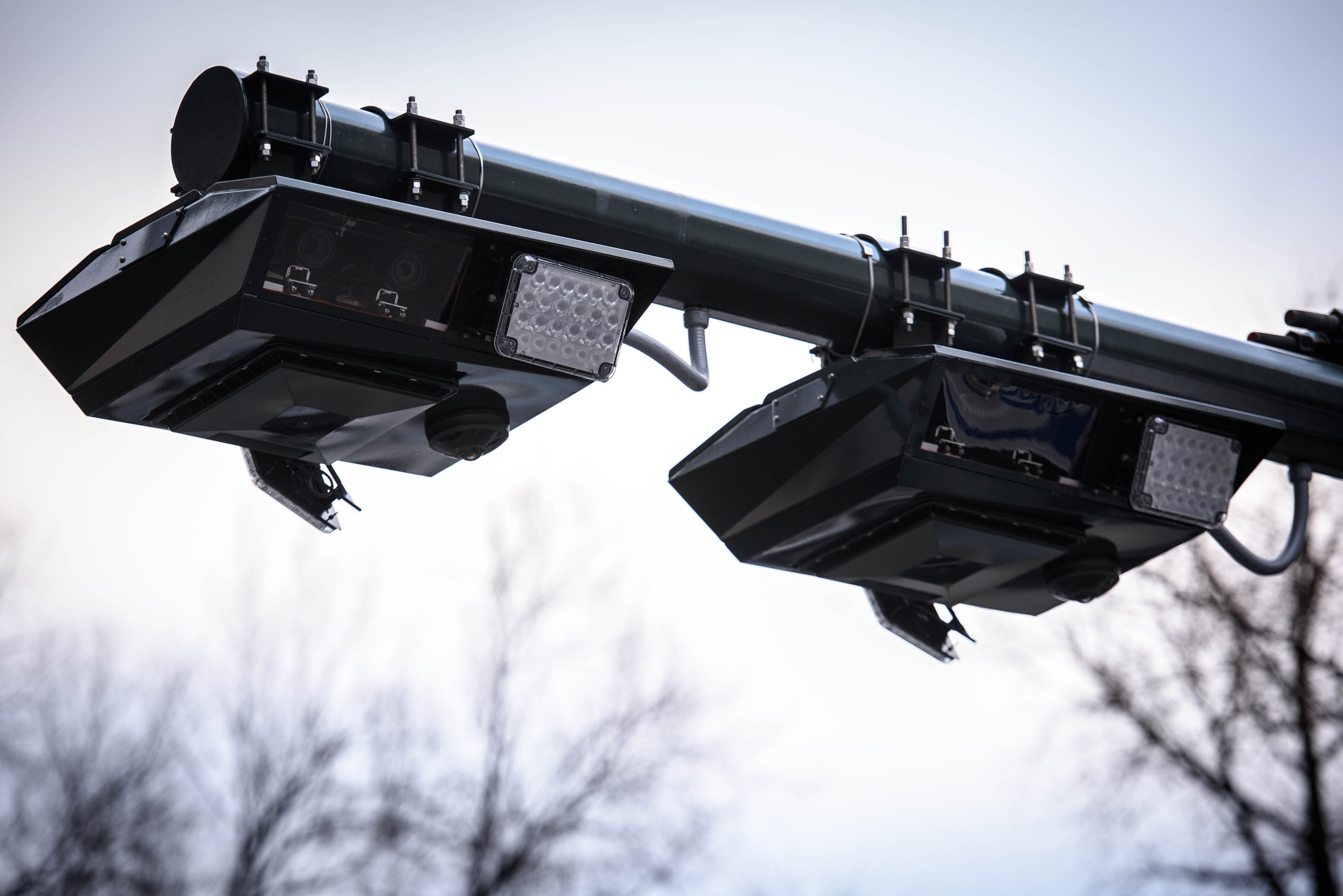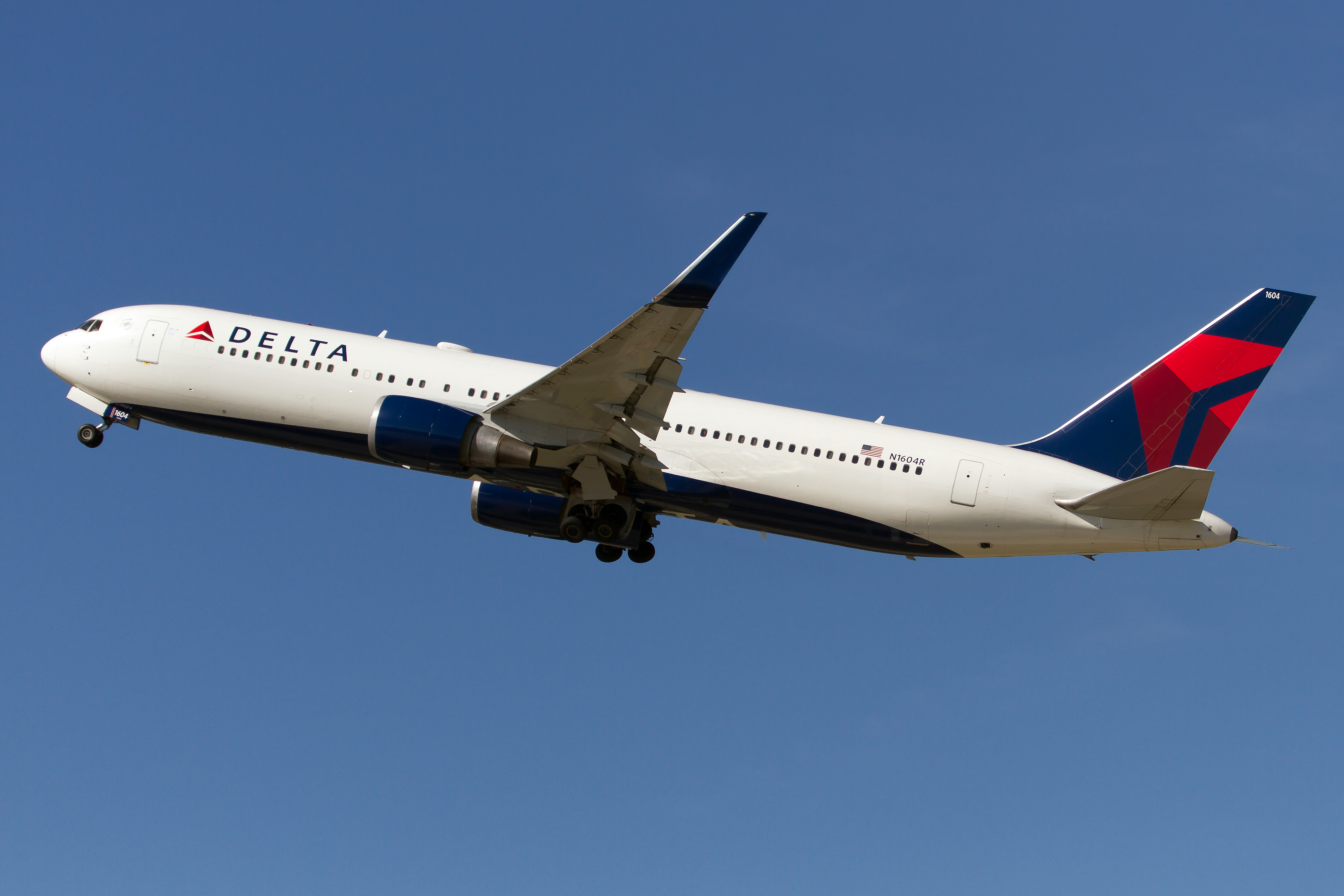What to Know
- Lower-income and predominantly-minority communities in New York City are still being hit the hardest when it comes to the spread of coronavirus, preliminary antibody testing shows, according to Gov. Andrew Cuomo
- In New York City, 27 percent of the approximately 8,000 people tested in lower-income neighborhoods were positive for antibodies, the governor said Wednesday. This is a higher rate than the overall general New York City population of 19.9 percent
- Additional testing sites and targeted outreach is in the works as Cuomo has directed local governments to focus on high-risk neighborhoods
Lower-income and predominantly-minority communities in New York City are still being hit the hardest when it comes to the spread of coronavirus, preliminary antibody testing shows, according to Gov. Andrew Cuomo.
In New York City, 27 percent of the approximately 8,000 people tested in lower-income neighborhoods were positive for antibodies, the governor said Wednesday. This is a higher rate than the overall general New York City population of 19.9 percent.
"We are always researching and looking the numbers: where are cases coming from, how do we reduce the numbers. You look all across the country and its lower income communities, predominantly-minority, where we are still seeing an increase in the numbers," Cuomo said.
The highest rate of positivity was in the Bronx (34 percent) overall, compared with 19.9 percent citywide. Certain neighborhoods, like Brownsville, Brooklyn (41 percent) and Morningside in the Bronx (43 percent) have even higher antibody rates. New data published by the city health department shows death rates are higher in these ZIP codes. Overall, the five boroughs account for two-thirds of the confirmed death toll statewide.
"The data shows not just a high positive…but the spread is continuing in those communities and that is where the new cases are coming from," Cuomo said, adding: "We did the research. We have the data. We know what’s happening. Now, what do we do about it?"
To help combat the disparities, Cuomo says he'll double church-based testing sites with Northwell Health to 44. The state will also partner with Somos Community Care to open 28 test sites.
News
Additionally, the state will expand testing to another 40 NYCHA developments.
"We are going to focus on public housing. When you think of everything we are talking about -- social distance, etc. -- and then think about public housing and how hard it is in public housing to do the things we are talking about," Cuomo said. "We understand the challenge, and Ready Responders are going to increase the testing in 40 public housing developments in New York City."
Cuomo once again stressed the importance of personal protective equipment as a proven infection mitigator -- and, because of this, efforts to share information in the most impacted communities will also be ramped up.
"This is going to be a very extensive effort between Northwell and Somos. You are going to have 72 faith-based sites. You’ll then have Ready Responders in public housing and we want to now take the next step which is outreach programs: getting the PPE into the community, getting the hand sanitizer into the community, explaining social distancing and why that is so important and explain how this virus spreads," Cuomo said.
Additional targeted outreach is in the works as Cuomo has directed local governments to focus on high-risk neighborhoods.
"I’m asking all local governments to do the same thing that we did in New York City: focus on low income communities, do the testing and do the outreach…that’s where the new cases are coming from. That’s where the new hospitalizations are coming from. That’s what’s going into the hospital system, that’s where you are going to see the highest number of deaths," Cuomo said.
"That is our challenge."



